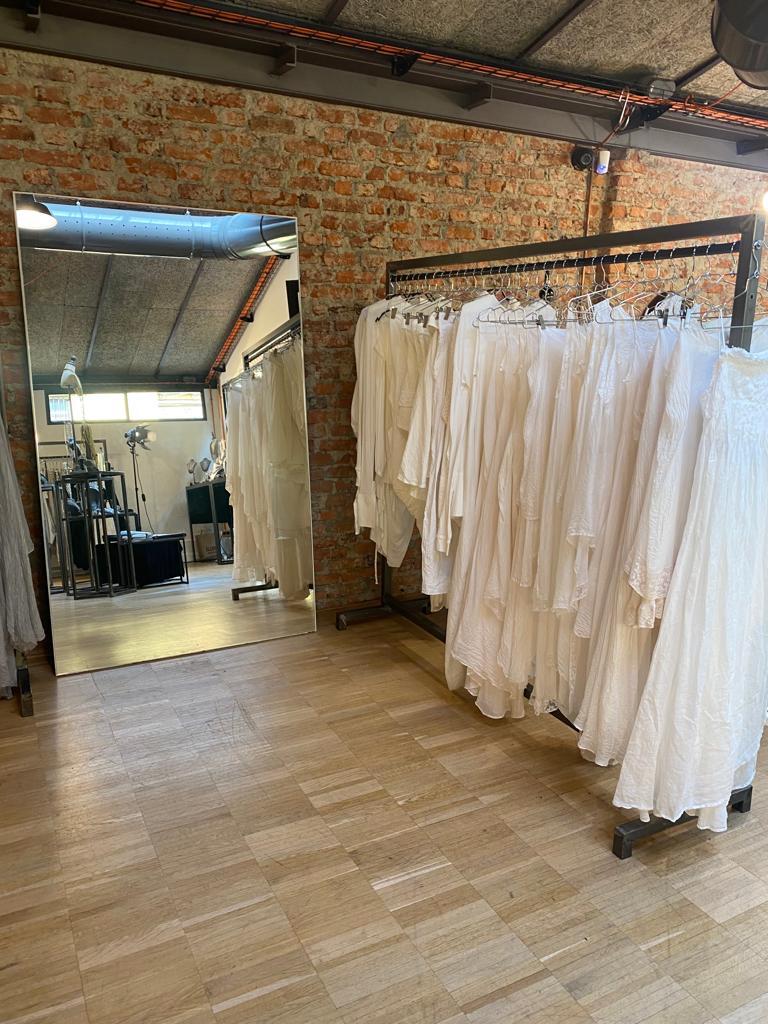Protests in Bangladesh
How the fashion industry leads workers to starvation
Large protests are happening in Bangladesh, where garment workers demand higher wages. Following clashes with the police, who used tear gas and rubber bullets, four textile workers have died. Sadly, they paid with their own life the demand for better pay.
Our thoughts are with the families of those who lost their lives, the dozens who ended up in hospitals and also those who still protest for a decent living.
The fashion industry & the poverty wage
Low wages made Bangladesh the second largest clothing exporter after China, developing a huge industry for the country. There are about four million garment workers, mostly women, whose wages are the lowest in the world. In addition, the inflation and the devaluation of the taka against the US dollar (30% from the beginning of 2023) created unsustainable conditions for workers.
According to the government, monthly pay would rise by 56,25% to 12,500 taka – 114 USD. Basically, they want to keep workers under the poverty line. But workers want more: “Prices are skyrocketing. We are just demanding decent pay. We will not return to work until our demands are met,” one of the protesters said. Isn’t it understandable? In fact, workers ask for 208 USD a month in pay.
Fashion and workers’ rights
Specifically, garment workers in Bangladesh make clothes for large groups such as H&M, Zara, Gap, and Levi’s. Brands like Next, Asos, New Look and Inditex (Zara) say they support workers. Which is good, but words aren’t enough; they must pay more! That’s how they can back workers for real.
About ten years after the Rana Plaza collapse, garment factories packed in a nine-story building, but nothing has changed. The fashion industry learned no lesson. Beyond the beautiful facades or (fake) ethical practices, exploitation is still the most convenient pattern for capitalism to make a high profit. And so famous brands make profits on the backs of workers.
Protests for a decent living
Now let’s also consider the millions of consumers who, every day, go shopping for brands whose manufacturing scheme is well-known. Perhaps they don’t mind workers’ rights since they aren’t directly affected. Do low prices attract your attention? Do you think before purchasing a new piece of clothing whose price is so cheap it couldn’t cover any manufacturing cost? And do you feel okay supporting a vision of the world based on forced labour?
Protests are going on in Bangladesh, demanding a decent living. People lost lives, and many others are starving. It seems that brands do not question their sourcing and manufacturing policy. But what about you: how can you close your eyes when shopping?
Protests in Bangladesh Read More »
